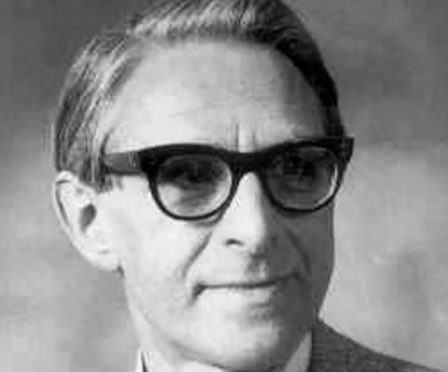A brilliant mathematician left more than £1million in his will to help care for the sick in his adopted home city of Inverness.
Klaus Roth was the first British winner of the Fields Medal, the mathematical equivalent of the Nobel Prize, and his discoveries in number theory led to him being considered one of the greatest mathematicians of the second half of the 20th century.
He fled Germany with his family as a child as Nazi persecution took hold and came to Britain aged eight in 1933.
Roth died last year aged 90 at his home in the Highland Capital, to where he had retired more than 20 years ago.
And it has now emerged he had built up a £1.3million fortune by the time of his death.
He instructed the bulk of his estate should be split between health charities Chest, Heart and Stroke Scotland and MacMillan Cancer Support.
Roth stipulated his bequests should be used to help elderly and infirm people living in the city of Inverness.
He left his academic awards, including his Fields Medal, and a £100,000 gift to Peterhouse College at Cambridge University, where he had studied mathematics as a young man, to support research.
Roth was born to Jewish parents on October 29, 1925, in Breslau. Faced with increasing Nazi persecution, the family moved to England in 1933.
They settled in London and Roth enrolled at St Paul’s School before going to Cambridge.
He met his wife, Melek Khairy, after she sat in the front row of his lectures. For Roth it was love at first sight, and by the end of the year he delegated marking her papers to a colleague as he could no longer trust his impartiality.
They married in 1955 and had a happy union until her death in 2002 but there were no children from the marriage.
He was awarded the Fields Medal in 1958.
A Macmillan spokeswoman said: “We rely almost entirely on donations from the public to fund our services and are extremely grateful to have been left such a generous and kind gift.
“This money will help us be there for people with cancer and their families when they need us.”
